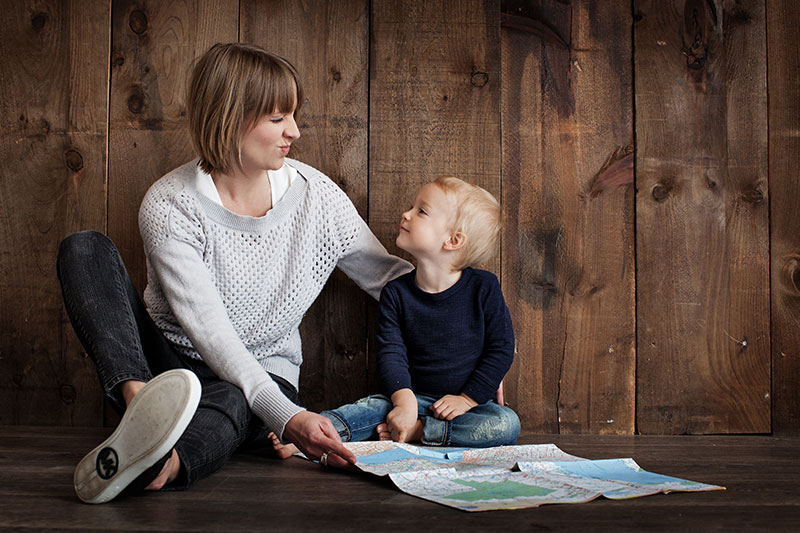Change offers you an opportunity for supporting adaptive emotional coping in your child that prepares her for life. Here are guiding principles:
Consistency. Create a rhythm for the day; it doesn’t need to be rigid, but should have some elements of predictability. This will be the stable base in the face of other upcoming changes.
Create a sense of safety. Make sure you have increased face-to-face time with your child, which includes the sweet intimate parts of his routine that may include physical closeness and affection such as having a snack or reading a story together. This is the glue for your child’s emotional sense of security.
What to say. Think about how to frame the information about the upcoming change in a way that matches your child’s development.
How to say it. Be authentic and calm in your facial expression, voice and body language. You need to convey that you and she are safe.
Think about timing. Discuss the change when there is time for your child to digest your information and for you to respond to your child’s questions
Why? Let him know that the change is related to the adults or other factors, not to him.
Break the big change into small manageable pieces. Perhaps address a week at a time.
Use a visual. Map the week out with your child on a large white board or large piece of paper by drawing pictures of what is coming up. Use colorful pencils together. Add and cross off activities as the week progresses.
Daily check-ins. Create a quiet moment to talk together about what you each think went well in the day and what was a bit tricky. This keeps you in the loop of your child’s inner world.
Planning together. When planning for the upcoming week, reflect on what went well and what was “tricky” in the past week; problem solve together to make changes to the upcoming week. Again your are teaching your child to be adaptive in the midst of change.
Problem-solve. When your child brings up a worry, help them create a ‘menu’ of possible solutions for their worry. It is a great opportunity to help your child generate solutions around their big feelings.
Monitor yourself. Do what you need to stay calm. Consider looking at the news only twice in the day.
Movement. You and your child will need daily movement to discharge your internal stressors and worries.
Less screen time, more engagement. For both you and your child. This builds your emotional glue.
Celebrate perks of the situation. What special game might you be able to play, food to make, project to start while you are at home. Find humor and laughter in daily events.
Originally published in Maui Family Magazine.

